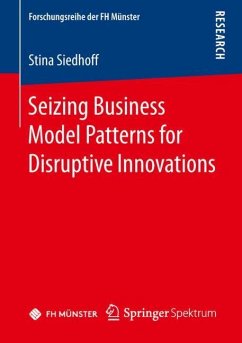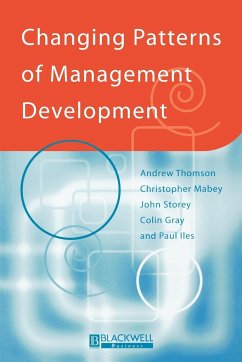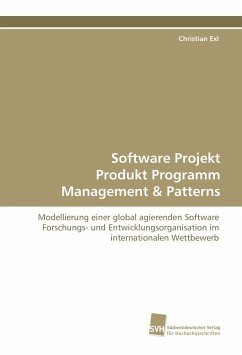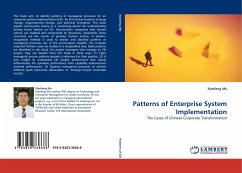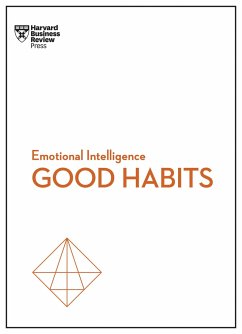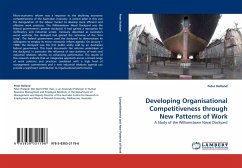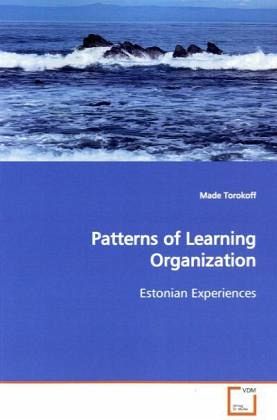
Patterns of Learning Organization
Estonian Experiences
Versandkostenfrei!
Versandfertig in 6-10 Tagen
32,99 €
inkl. MwSt.

PAYBACK Punkte
16 °P sammeln!
The objective of this work is to identify the features of the learning organizations, and to map and generalize the patterns on the example of Estonian organizations. The work is based on three published peer-reviewed research papers, including a thorough theoretical and empirical background of the subject, presenting various concepts of learning organization, and general methodology of exploratory approach.To map the features of the learning organization in Estonian educational establishments and companies, several questionnaires were developed based on the five disciplines of the learning or...
The objective of this work is to identify the
features of the learning organizations, and to map
and generalize the patterns on the example of
Estonian organizations.
The work is based on three published peer-reviewed
research papers, including a thorough theoretical
and empirical background of the subject, presenting
various concepts of learning organization, and
general methodology of exploratory approach.
To map the features of the learning organization in
Estonian educational establishments and companies,
several questionnaires were developed based on the
five disciplines of the learning organization by
Senge and the three-dimensional framework model of
organization by Mets. The data obtained from these
questionnaires was processed using factor analysis.
The features of the learning organization are seen
as patterns.This result corresponds best to Mets
three-dimensional organization development framework
model.
The practical value of the study derives from its
contribution to improvement of management practices
and the creation of further opportunities for the
achievement of higher performance in these
organizations.
features of the learning organizations, and to map
and generalize the patterns on the example of
Estonian organizations.
The work is based on three published peer-reviewed
research papers, including a thorough theoretical
and empirical background of the subject, presenting
various concepts of learning organization, and
general methodology of exploratory approach.
To map the features of the learning organization in
Estonian educational establishments and companies,
several questionnaires were developed based on the
five disciplines of the learning organization by
Senge and the three-dimensional framework model of
organization by Mets. The data obtained from these
questionnaires was processed using factor analysis.
The features of the learning organization are seen
as patterns.This result corresponds best to Mets
three-dimensional organization development framework
model.
The practical value of the study derives from its
contribution to improvement of management practices
and the creation of further opportunities for the
achievement of higher performance in these
organizations.



